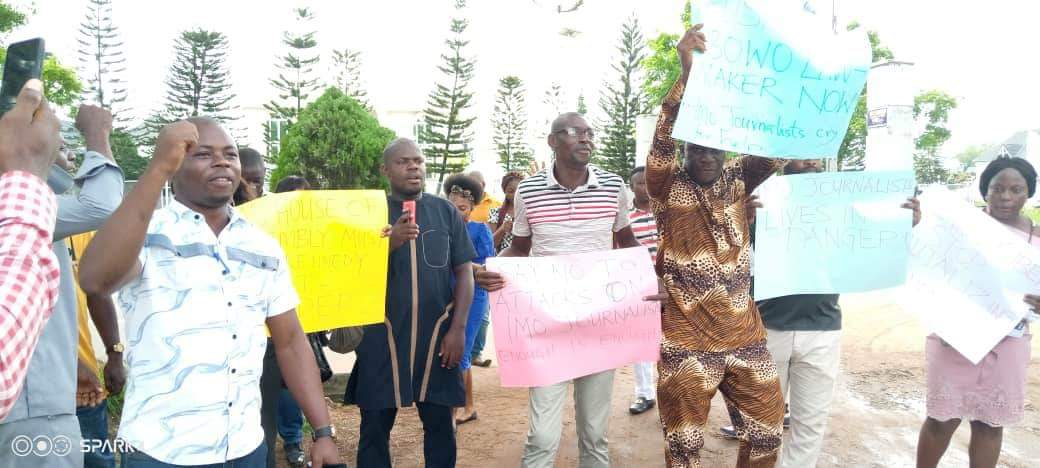– Orders Monthly Allocations Be Paid Directly
-As Reps Declare ‘No Election, No Allocations’ on LGs
The Supreme Court has finally liberated the 774,000 local government councils in the state from the strangle hold of state governors who have been holding them to ransom and feeding fat on their humongous monthly allocations.
The apex Court, aside declaring that it is illegal for Governors to dissolve democratically elected local Government Chairmen, also ordered the federal government to henceforth not to remit monthly councils presided over by unelected officials appointed by the Governor.
The Supreme Court also barred the Federal Government from further paying LG allocations through the State Governments since the practice has been abused by Governors, who retain the funds and utilise them as they please to the detriment of the LGA for which the monies are meant.
The pronouncements were made in the ongoing judgment of the Supreme Court in the LG autonomy suit filed by the Attorney General of the Federation (AGF), Lateef Fagbemi SAN on behalf is the federal government.
Meanwhile,the House of Representatives has urged the Revenue Mobilisation, Allocation, and Fiscal Commission (RMAFC) to withhold allocations from the federation account to local government areas in the country that are run without elected officials but caretaker committees.
This followed the adoption of a motion of urgent public importance sponsored by Hon. Ademorin Kuye (APC, Lagos) and Jonathan Gaza Gbewfi (SDP, Nasarawa) at plenary on Tuesday.
Moving the motion, Kuye expressed concern that the dissolution of democratically elected council officials directly contravened section 7 of the Nigerian Constitution and the Supreme Court pronouncement on such matters.
“Worried by the increasing number of states acting with impunity and constitutional disregard as about 21 states governors are currently running councils with caretaker committees.
“Dismayed that this impunity and constitution disregard is a deliberate effort to upstage democracy, shrink the development potential of local councils, enshrine lack of accountability and limit transparency in local governments and the state as a whole,” he added.









